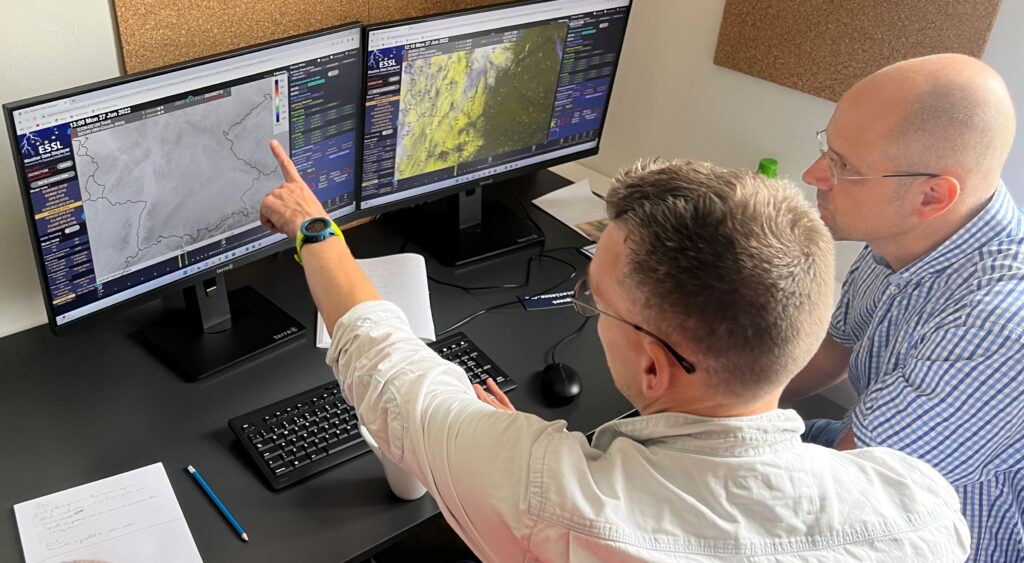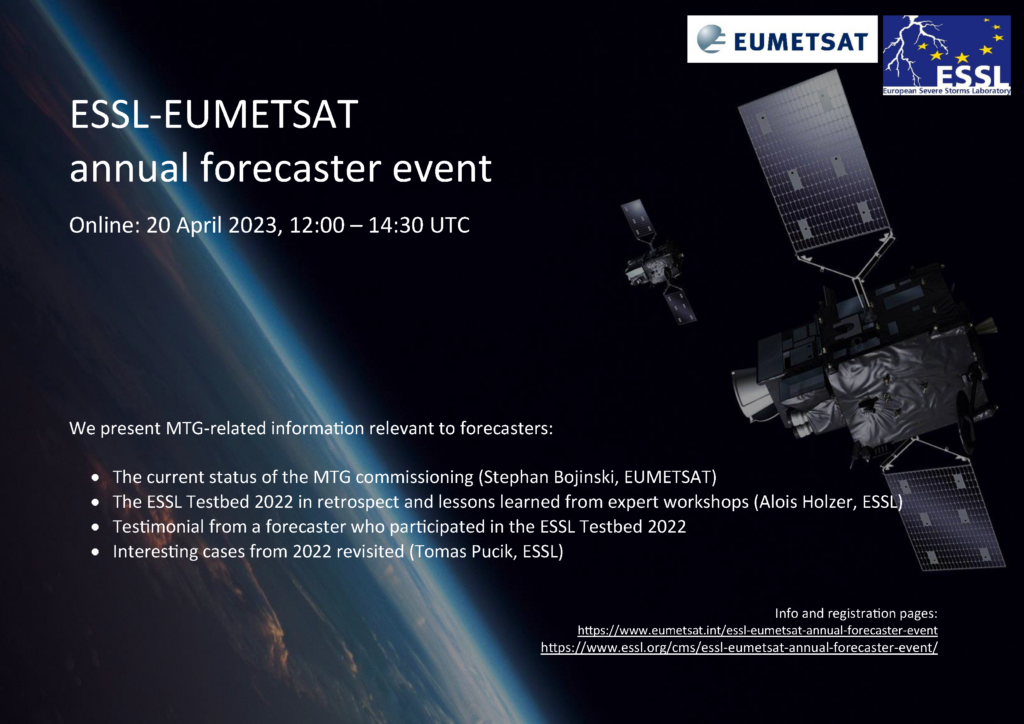The workshop is scheduled for autumn, from 16 to 18 October 2023, and takes the very broad view. Target audience are forecasters (“warners”) and heads of forecasters, researchers and practicioners related to warnings, civil protection authorities, and end users of warnings (especially from critical infrastructure).
The following topics will be covered:
- The broad multidisciplinary view: risk ethics (philosophy, moral reasoning), human behaviour (psychology) and legal frameworks (just) in the context of the warning process
- Limitations and new prospects for ingredients-based warning approaches: How should the risk matrix be defined? Can more life be brought to forecasting impacts beyond the marketing term?
- Communication – dealing with uncertainty: Why is there so little progress in communicating the warning uncertainty, and how can this be improved?
- Action advice and public education: from understanding to response and action. We are seeking for good practice examples.
- General and tailored warnings: What are the necessary differences? And how can the gaps between warners, emergency managements and end users be best bridged?
- From physical ingredients to impact warnings: Are impacts in high-end meteorological events easier to predict and stronger tied to the physical magnitude than in more frequent and modest events?
- A critical moment in the meteorological sphere: transition from forecasting to nowcasting and the resulting potential sudden jump in probability of extremely rare events. Should there be a stronger focus on the warning means in the “last hour”? When in time and at which probability and intensity threshold should sirens and other “strongly interrupting and potentially also frightening” means of warning be used?
- Cross-institutional and cross-border communication: What is needed to ensure the flow of relevant information in extremely time-critical and high workload situations?

Warners at work at the EUMETSAT-ESSL Testbed 2022
A detailled invitation can be downloaded here (PDF).

